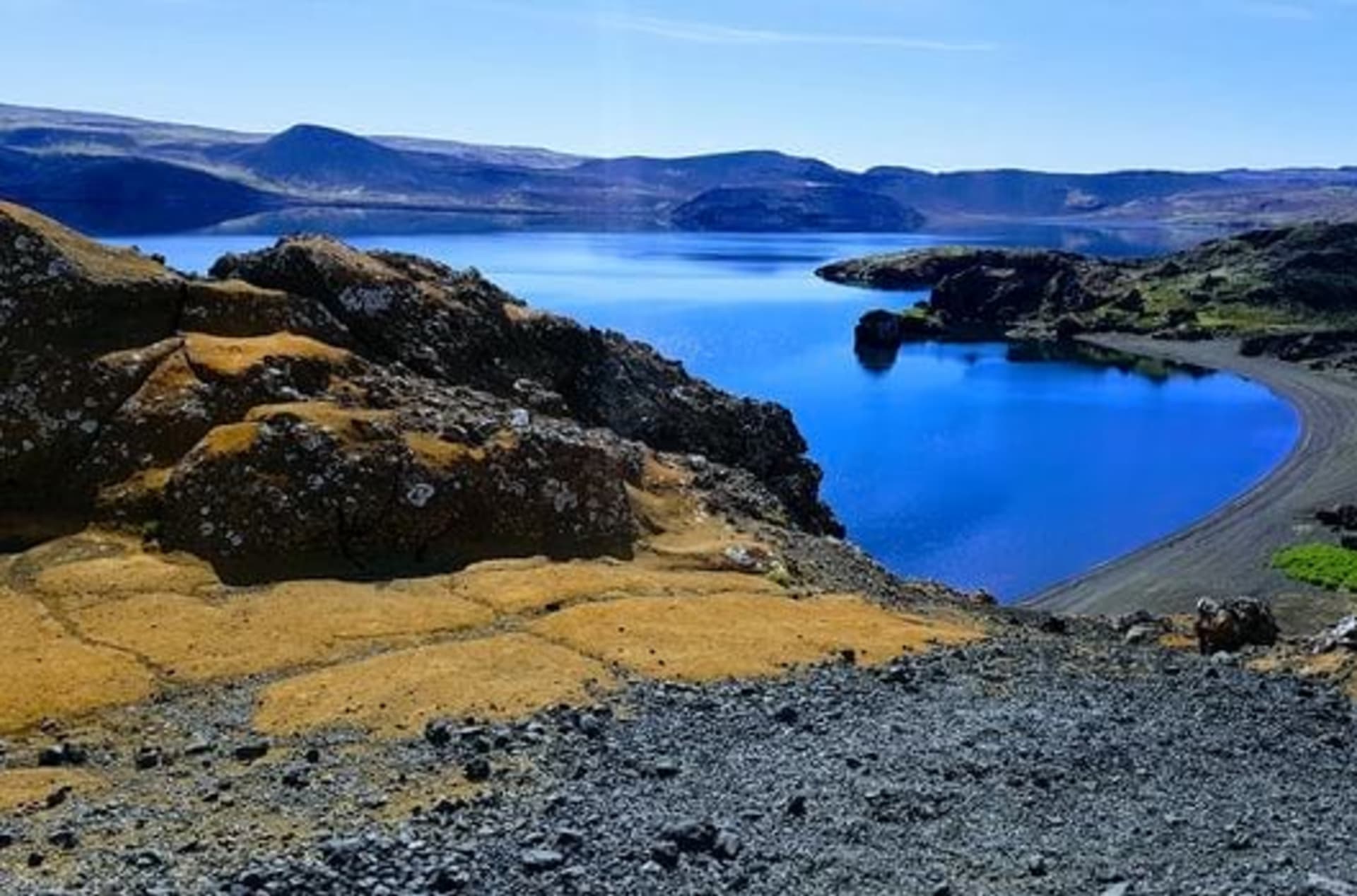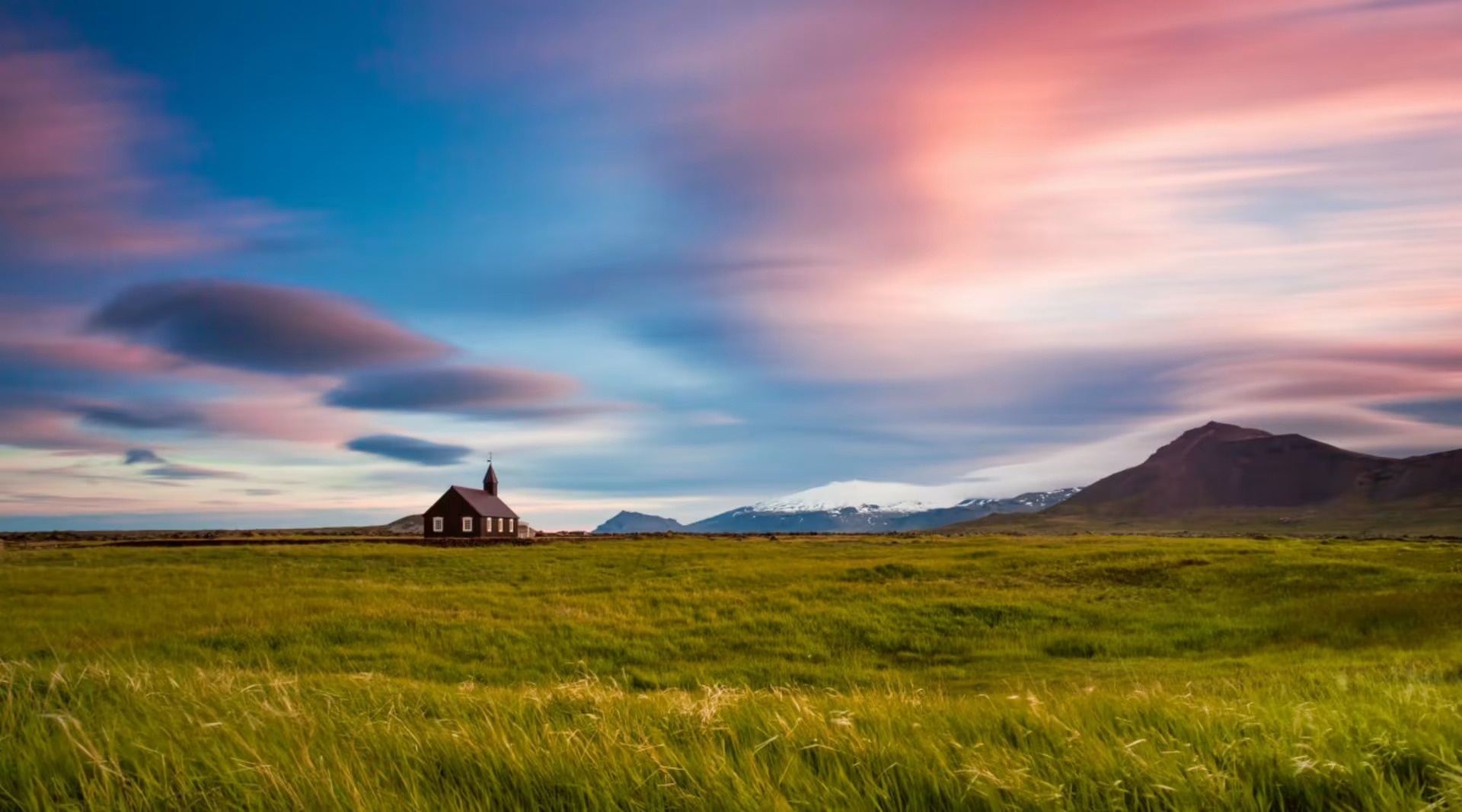Iceland Volcano Tours: 5 Things You Should Know
Iceland is known as the land of fire and ice, with the country’s many spectacular volcanoes give it the ‘fire’! Among the many natural wonders of Iceland are the beautiful volcanoes and the landforms that they cause. Even though Iceland is icy cold on the outside, many spots are full of hot lava just beneath the surface. The diversity makes this chilly nation a very hot destination for visitors from around the world.
Since volcanoes are such an important part of this exiting country, we put together a “must know” guide to Iceland’s volcanoes so that you do miss a single bit when planning your holiday. We want you to get the most out of your trip so explore the ins and outs of Iceland’s volcanoes before you’re wowed with their wondrous beauty in real life.
The Ultimate Guide to Iceland’s Volcanoes
Iceland is known for its magnificent landscapes that call for adventure seekers and lovers of beauty from around the world. From lava fields to caves, volcanic activity is responsible for much of this beauty.
Fortunately, while Iceland travel has been growing rapidly, the country has managed to avoid becoming a mass tourism cliché. The country emphasizes preserving and protecting its fragile environment and has successfully achieved a delicate balance between maintaining the authenticity of its wild and untouched landscapes while still making them accessible to tourists.
If you’re planning to travel to Iceland, here are 5 things you should know before you go:
1. New: The eruption at Fagradalsfjall
You could see recent molten lava in Iceland on the Reykjanes peninsula.
On 19 March 2021, there was a minor volcanic eruption at Mount Fagradalsfjall in the Geldingadalur valley. A fissure appeared, of around 200 metres (656 feet), spouting hot lava and creating one of Iceland’s newest volcanoes.
But don’t worry about air traffic and the like. This eruption wasn’t as significant as Eyjafjallajökull in 2010 due to the nature of this specific volcano. The lava is slowly snaking its way down a closed valley rather than ejecting a column of ashes into the sky.
Because it is located close to Reykjavík and Keflavík International Airport, it means you may be able to visit the volcano on a short break or on a road trip.
You can take guidance and hire local guide for Private or Half Day Tours while searching locally.
2. Be Flexible! The weather can change
In Iceland, if you don’t like the weather – you only need to wait a minute! The weather can easily go from a cold, foggy morning to a brilliant sunny afternoon or a day full of snow landing on the ground at a startling speed. Make sure you’re prepared for both and don’t despair if the day doesn’t start off too well, you will need to be flexible on your itinerary.
3. Drive carefully
If you are driving a hire car in Iceland in the winter, it goes without saying that you need to drive carefully, observing the speed limits and road signs, and keeping a close eye on the (possibly changing) road conditions. The roads are kept clear of snow and ice by snowploughs from early in the morning, and your car will be a four wheel drive (4WD) with studded tyres, so you shouldn’t run into any problems, but it is better to be safe than sorry. If you aren’t experienced with driving in the snow, we can also advice some escorted or privately guided options so you can still explore.
4. Make use of the hot springs
It can be cold in the winter in Iceland, but this land of natural contrasts has an answer to that: the geothermally heated water that is so readily accessible. You are never too far from warm water to defrost in, whether one of the many hot swimming pools you will find in almost every village in Iceland, the hot tubs that most hotels offer, or even one of the country’s natural hot springs. And most of them are outside, too, so you can enjoy the fresh air and stunning scenery while you have a soak!
5. Buy local produce
A number of farmers have started selling local farm products such as organic fruit, fish and meat at an affordable cost. It is a good idea to purchase freshly produced products from them rather than the stores if you are planning to cook your own food.
Some additional points what you should try and avoid:
- Leaving your coat at home even in a sunny weather
- Driving too fast
- Assuming alcohol to be available everywhere
- Buying plastic bottles instead of carrying and refilling only one wherever you go
Get the true authentic experience by booking a local guide to Iceland.
Here are some great tours we recommend
Your adventure in Iceland starts here






